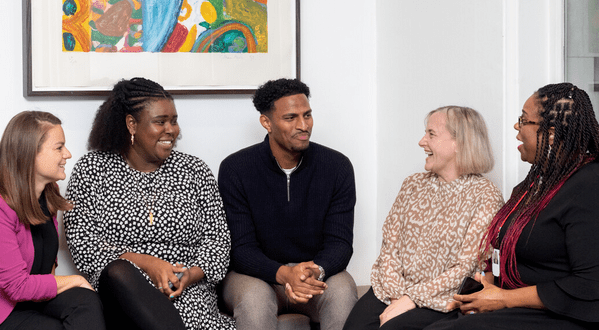Chris Owens, CFO of the Institute for Occupational Medicine, has been doing independent examinations for small charities around Edinburgh for more than 20 years. These are pro bono annual reviews of reports and accounts to ensure they tie back to their accounting records and include the right disclosures, and to check that good accounting records are kept.
The question around the need for a practising certificate (PC) came up early. Owens looked at ICAEW’s statement on members engaging in public practice, which at the time allowed for members to accept fees of less than £100 without a PC. Owens decided to do the work on a voluntary basis.
Now, the revised statement on engaging in public practice, which will be effective from 1 January 2024, removes the £100 limit. This, for Owens, makes a lot of sense; it takes out the ambiguity within the rules, he says.
“One of the reasons for the statement to be changed is to make it clear that it was the member’s responsibility to check whether they required a PC, and that is much clearer,” he says.
From 2024, a “token non-monetary reward or benefit” can be received by a member without a PC. The new guidance states that: “A ‘token non-monetary reward or benefit’ is a judgemental area. An ICAEW member should refer to the ICAEW Code of Ethics and consider whether any threats to the fundamental principles are reduced to an acceptable level (ie, a level at which a professional accountant using the reasonable and informed third party test would likely conclude that the accountant complies with the fundamental principles).”
Owens would encourage any member to offer their services for independent examinations on a pro bono basis. They will require a PC to take on this work for charities with a gross annual income of more than £250,000, but it’s the smaller charities that need the most help, he says.
“Charities really do need extra help, particularly small charities. They don’t have a lot of money or resources and therefore you can save them professional fees and enable them to go further. To my mind, that is where they see the benefit.”
Charities also often need help in putting accounts and reports together, and making sure disclosures are accurate and complete. ICAEW members, with their qualifications and expertise, are well placed to help small charities get their accounts in order while allowing their funds to go further by saving them fees.
Independence is important, says Owens, which can be a challenge for the smallest charities. In some cases, such as churches, their network might be limited to their community and they have few options to turn to for an independent examination. So it’s beneficial for members to proactively look to give up some time for them.
“My advice to anyone considering volunteering their skills and time for independent examinations is to say yes,” says Owens. “Chartered Accountants have got the skills and expertise and it doesn't require much time, either. People assume that if you volunteer, it’s a big commitment.
“Actually, though, you’re talking a few hours here and there during the course of the year. The year ends for my charities are all different so they are quite staggered. You only give up a few hours over weekends or evenings.”
The Charity Commission offers guidance for examiners in England and Wales. Charity regulators OSCR and CCNI cover Scotland and Northern Ireland respectively. ICAEW also offers resources, such as Can I undertake an independent examination of a charity? and the statement on members engaging in public practice
Practising certificates
Find out if you need a practising certificate and how to apply for one.



